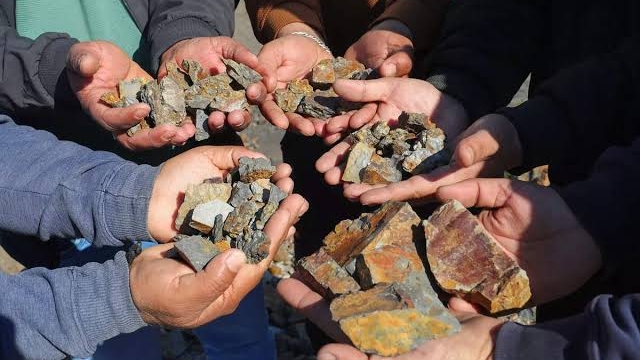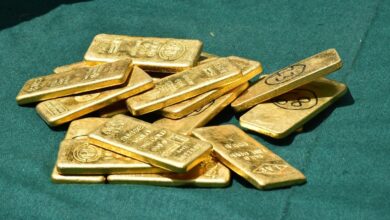J-K Lithium Block Gets No Bids in Second Attempt, Says Source

New Delhi, July 3: India’s federally administered region of Jammu and Kashmir did not receive any bids in a second attempt to auction mining rights for lithium reserves found last year, according to a source with direct knowledge of the matter.
The government in February 2023 discovered its first lithium deposits in Jammu and Kashmir, with estimated reserves of 5.9 million metric tons. This discovery was seen as a significant step forward for India, aiming to reduce its dependence on lithium imports, which are crucial for manufacturing batteries used in electric vehicles.
After it failed to get a required minimum of three bids in its first auctions in November, the block was again put up for auction in March with a May 14 deadline for bids. Despite the government’s efforts to attract bidders, the auction once again failed to garner interest.
The source, who declined to be identified as they were not authorized to talk to the media, said the block was likely to be given to a government agency for further exploration after no bids were made. This move could potentially expedite the exploration process, allowing the government to assess the full potential of the lithium reserves.
India’s Ministry of Mines did not immediately respond to a Reuters request for comment. The lack of response has left many questions unanswered about the future steps the government plans to take regarding these valuable lithium reserves.
As electric vehicles have focused on the need for lithium, used in making batteries, India has sought to secure assets overseas as well as domestically. The domestic discovery of lithium was expected to bolster India’s position in the global lithium market and support its growing electric vehicle industry.
Analysts have, however, questioned the composition of the deposit in Jammu and Kashmir. Concerns regarding the quality and accessibility of the lithium have been raised, which might have contributed to the lack of interest from potential bidders.
The Indian government in June last year listed 30 minerals, including lithium, nickel, titanium, vanadium, and tungsten, as critical to its quest for cleaner energy. Securing these resources is seen as vital for India’s transition to renewable energy and reducing its carbon footprint.





